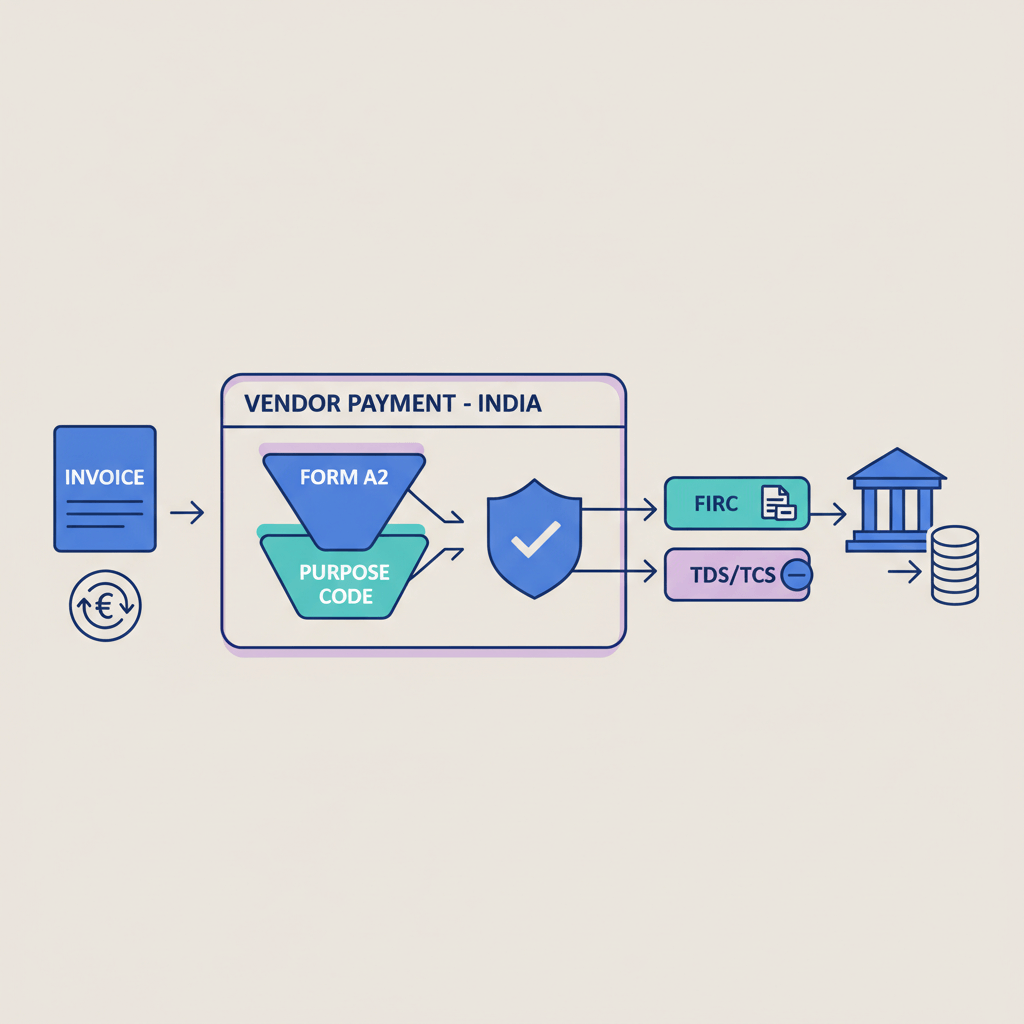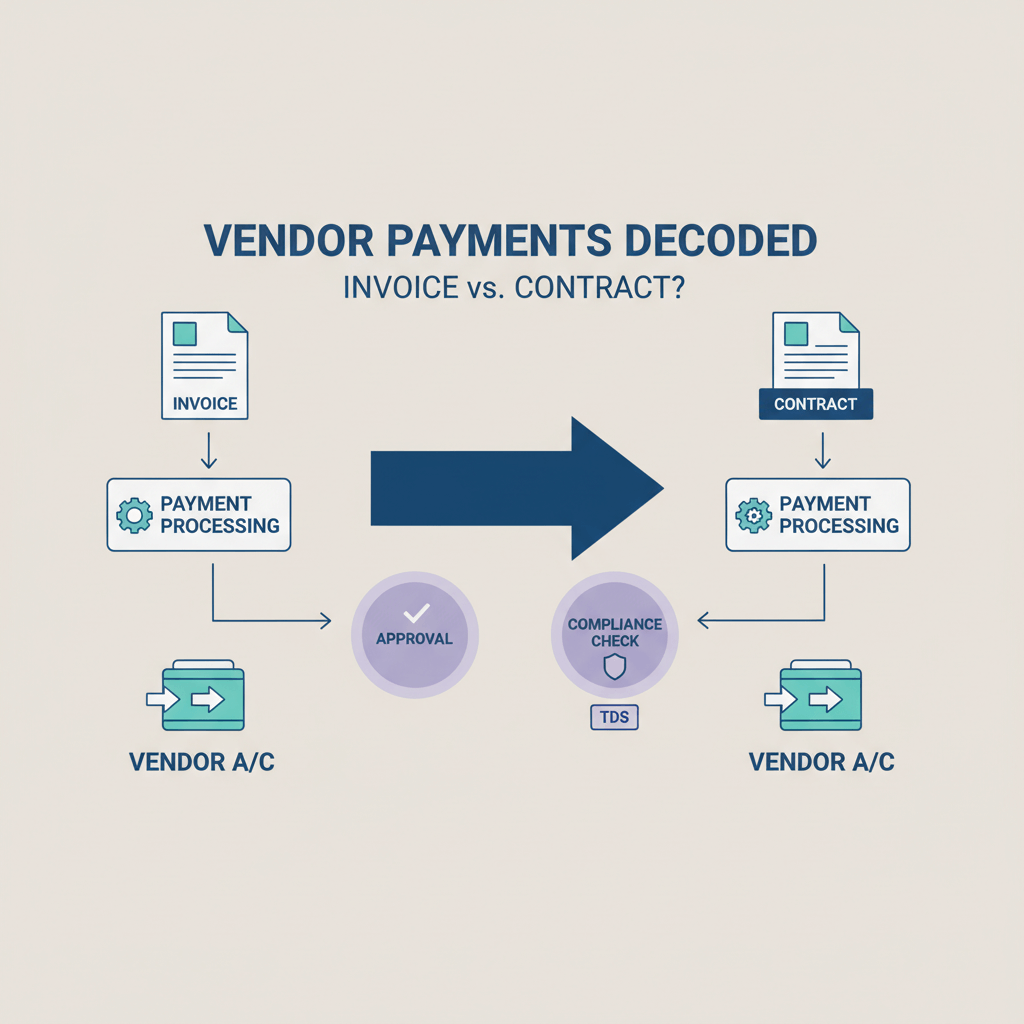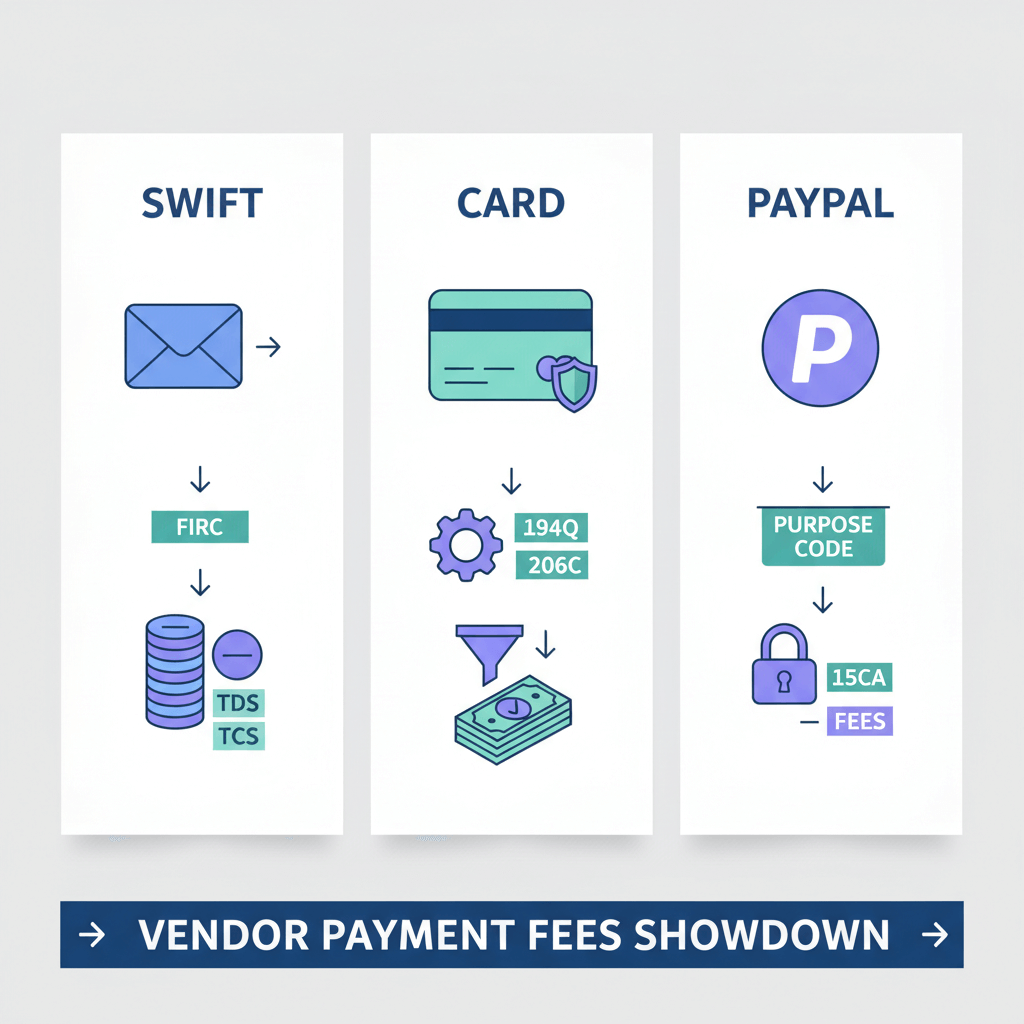As business transactions involve large sums of money, they are a common target for fraudsters and scammers. Understanding the different safe ways to send money internationally will help you secure your transactions and give you peace of mind. The last thing any business needs is misplaced funds.
In this blog, we’ll dive into securing international money transfers and how businesses can protect themselves from common threats.
Common Fraud Schemes & Scams in International Transfers
International money transfers are an essential part of global business, but they also open the door to a range of fraud schemes. Below are some of the most prevalent methods used by fraudsters to exploit vulnerabilities in international transactions:
Business Email Compromise (BEC)
Companies often use their own internal email systems. This allows for better communication privacy and control but leaves it open to comprise. Should a bad actor get access to one of your business email accounts, it can used to send fraudulent payment requests or redirect payments to offshore accounts. It is thus crucial to verify every significant or unusual payment through a phone or in-person conversation.
Spear Phishing Attacks
Scammers use targeted attacks on your employees, using heavily personalized emails. Phishing works by sending an email containing a fake link, asking the employee to log in, and getting access to their credentials. The victim will not know his credentials are leaked until the attacker uses their account to commit some fraudulent activity.
Fake Vendor Invoices
Scammers frequently use fake invoices to trick businesses into making payments to fraudulent accounts. These invoices can look deceptively authentic, complete with official logos, addresses, and payment details. There are two main types of fake invoices you may receive:
- Invoice fraud with account details swaps
- Invoice fraud through fake suppliers
To prevent falling victim to fake invoices, businesses should verify invoices by cross-referencing with purchase orders and confirming details with vendors before processing payments.
Impersonation
Companies can often be victims of impersonation of high-level executives or government representatives. For example, Ubiquiti Networks, a tech company, fell victim to a BEC scam where attackers impersonated company executives to deceive employees into transferring approximately $46.7 million to fraudulent accounts. Attackers impersonated the company's CEO and sent fraudulent emails to transfer funds to accounts in countries like Russia, China, Hungary, etc.
Safest Ways to Send Money Internationally
In response to new risks involved in international transactions, the methods available for transferring funds have evolved to offer protection against fraud and errors. Below are some of the most secure ways to ensure your international payments are protected:
Virtual Bank Accounts
Virtual bank accounts are provided by fintechs to securely send and receive money internationally. They work by tying up with foreign banks and generating virtual bank accounts, sometimes for each individual transaction. This helps isolate payments and reduce exposure. Each virtual account can be monitored separately, and any suspicious activity is easier to detect. They also help provide better Forex rates. Karbon specializes in providing virtual bank accounts to facilitate international transactions, providing safe and cost-effective international money transfers.
Escrow Services
Escrow services eliminate most of the risk inherent in international transactions, though they do charge an additional price. Escrow means that a third party holds the entire amount to be transferred, and funds are only released when both the buyer and seller are satisfied that the conditions of the deal are met. The presence of a third-party escrow service minimizes the risk of fraud and ensures that neither party can access the funds before the transaction is complete.
Bank Wire Transfers with Confirmation
Bank wire transfers are safe, though they are not without their issues. For example, these transfers are non-reversible, so if there is any error in the receiver's details, the only thing the bank can do is call the recipient and ask to cancel the transaction. This usually works by threatening legal action but banks may not always follow suit and money may be lost forever. They are still a relatively secure way to transfer funds, as most banks use encrypted networks and follow international guidelines like KYC, GDPR, etc.
Trade Finance Instruments
Letters of Credit (LC) and Bank Guarantees are trade finance instruments that are commonly used in international trade. They are special agreements issued by banks or financial institutions that promise payment will be made once both parties fulfill their part of the deal. They act as trusted middlemen, ensuring that money only changes hands when everything is in order. This means that both the buyer and seller must meet their agreed-upon conditions before any funds are released.
International Payment Solutions like SWIFT GPI
While SWIFT is the traditional method for wire transfers, SWIFT GPI is the next iteration of the payment network. It is more secure and also has real-time tracking features that were previously unavailable. For example, you can request an MT103 document from your bank and it will include all the details of your transaction, including intermediary bank charges. In short, SWIFT GPI allows for immediate visibility into the payment process and a better understanding of the charges involved.
Choose a Secure Payment Platform
Ultimately, the key to successful international transactions lies in a combination of awareness, verification, and the use of secure payment methods. By adopting these safe ways to send money internationally, businesses can safeguard their finances and not have to worry about falling victim to fraud or scams.
Karbon partners with more than 3000 businesses to provide secure payments in a variety of industries and use cases. With secure payment protocols like SWIFT GPI and adherence to international guidelines, Karbon is one of the safest ways to send money internationally. Get in touch with us to know more!











